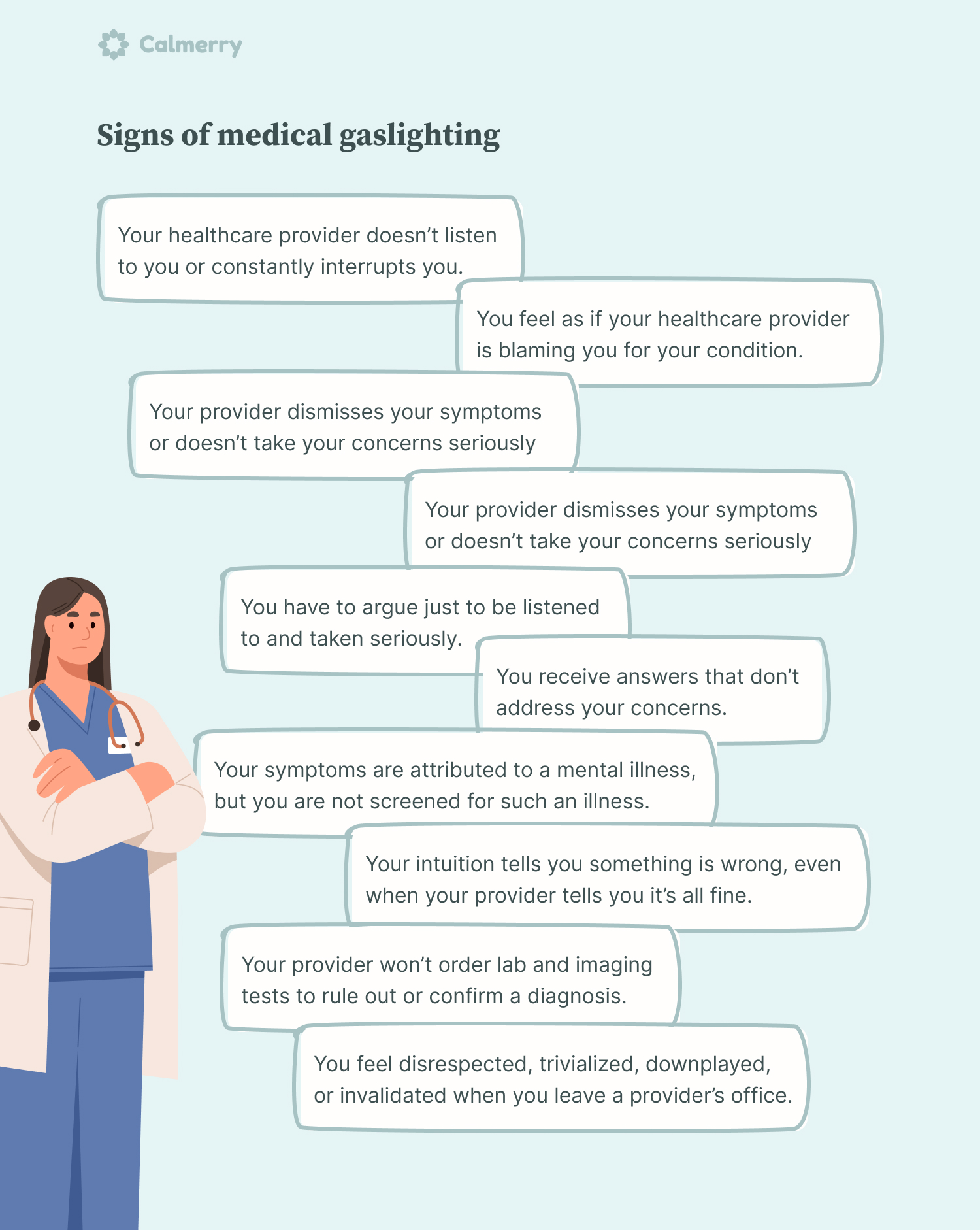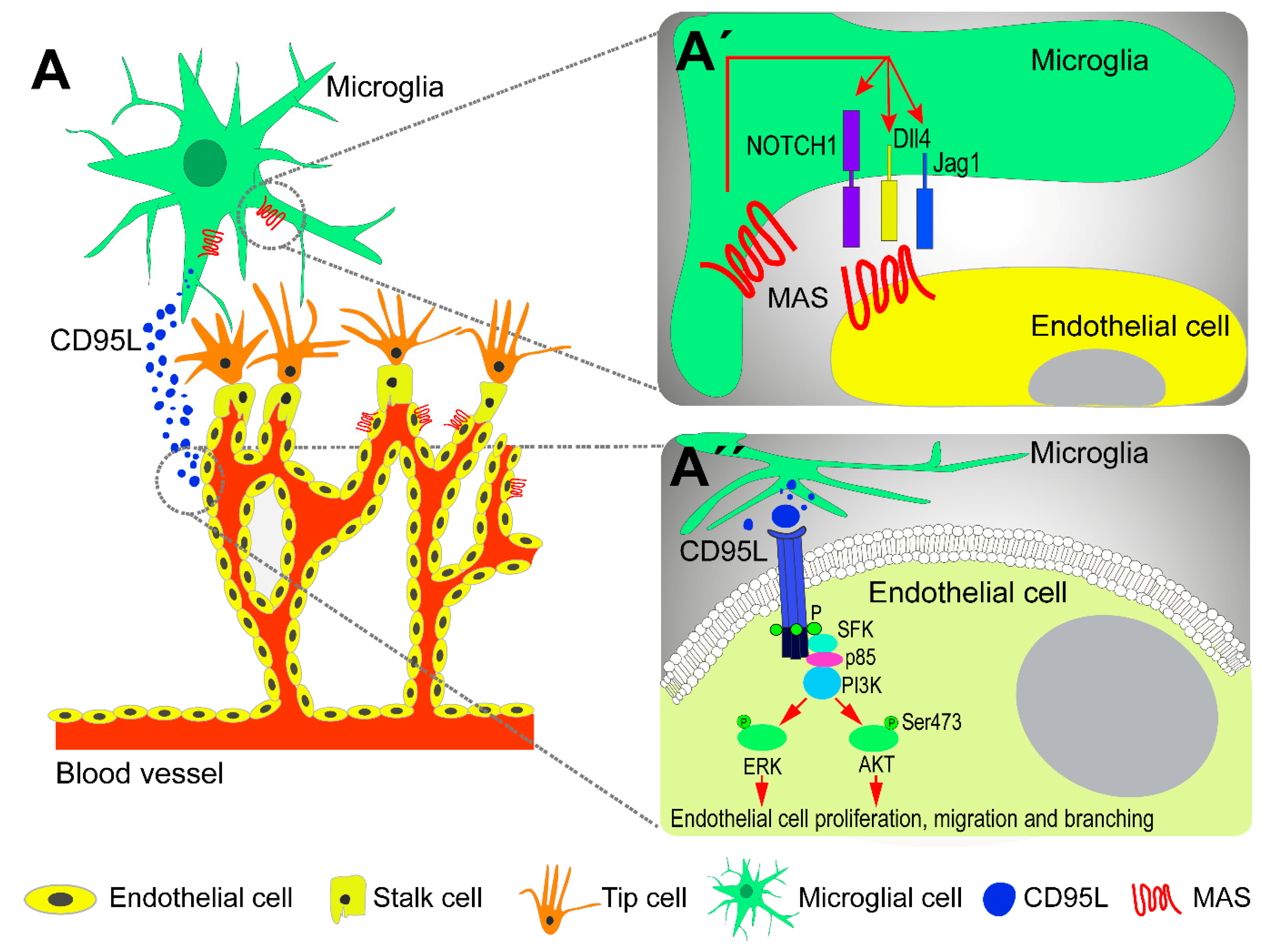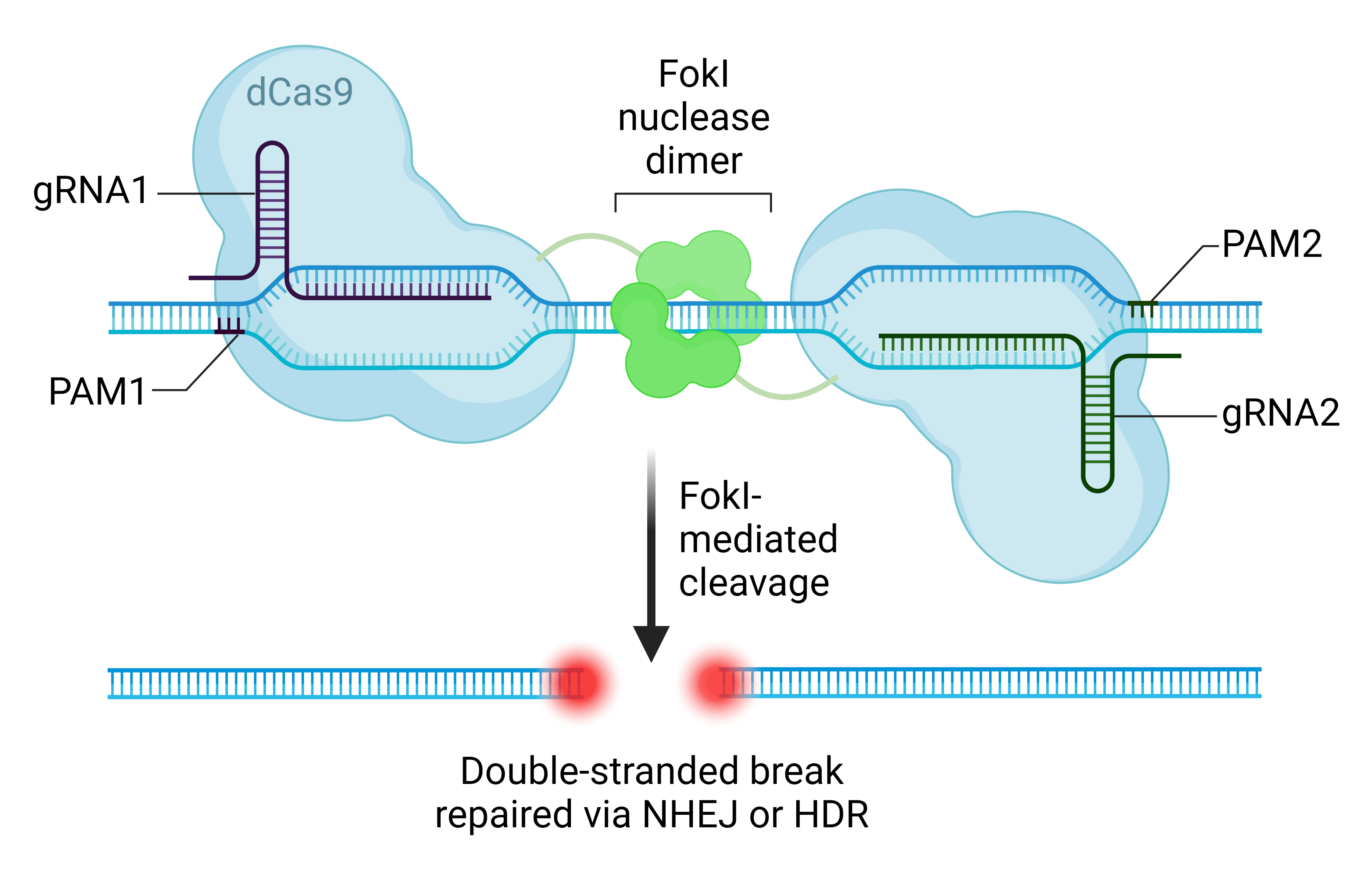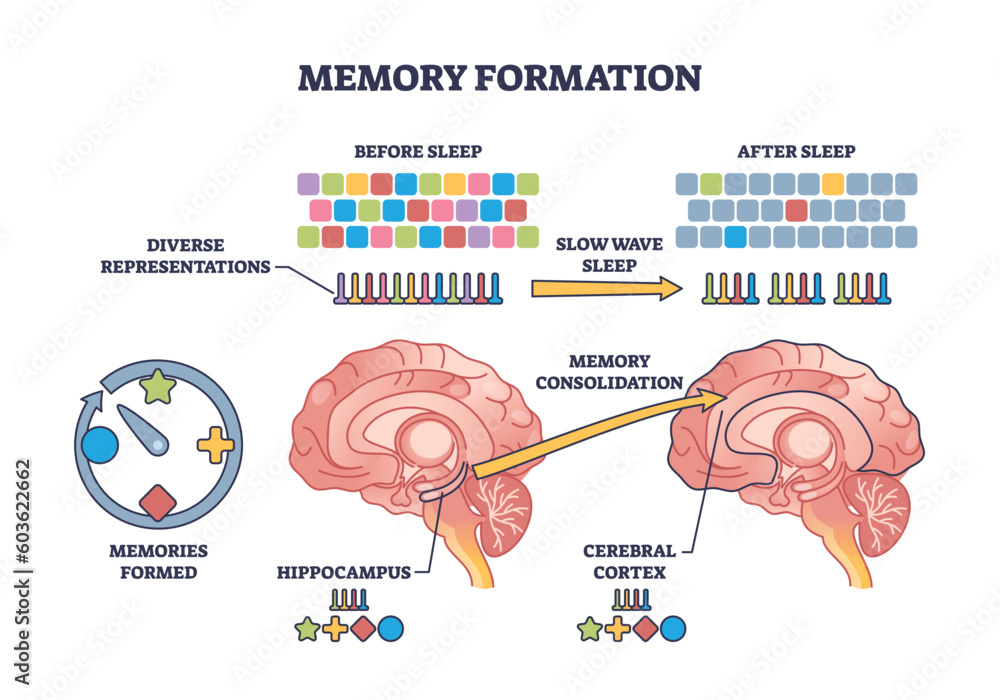Medical gaslighting is an emerging concern in the healthcare landscape, where patients often leave appointments feeling misunderstood or dismissed. This phenomenon is particularly stark among individuals grappling with complex, hard-to-diagnose conditions like long COVID or irritable bowel syndrome. When healthcare providers struggle to find concrete answers, they may inadvertently communicate skepticism toward patients’ experiences, leading to emotional distress and a lack of psychological validation. Such interactions can erode the doctor-patient relationship, as patients may feel that their voices are not valued. Understanding the nuances of medical gaslighting and fostering better healthcare provider communication can pave the way for improved chronic illness awareness and enhanced medical validation for patients.
The term “medical gaslighting” may be used to describe a situation where patients feel their health concerns are marginalized or dismissed by their healthcare providers. Alternatively, this issue can be referred to as “medical invalidation,” reflecting the experience of patients who sense a lack of acknowledgment for their symptoms. It emphasizes the critical need for empathy and effective dialogue in the doctor-patient relationship, especially as patients navigate chronic illnesses that require thoughtful consideration. Dismissing a patient’s experience not only affects their mental well-being but also prolongs their suffering, emphasizing the importance of healthcare providers genuinely engaging with their patients. By fostering a culture that prioritizes psychological validation, the medical community can build trust and encourage productive conversations.
Understanding Medical Gaslighting: A Critical Examination
Medical gaslighting is a term gaining traction, especially among patients struggling with chronic illnesses. It refers to situations where healthcare providers dismiss or invalidate a patient’s experiences, often implying that symptoms may not be real or significant. This can occur when doctors, overwhelmed with high caseloads, suggest that patients’ symptoms are purely psychological if no obvious medical explanation is found. The implications of medical gaslighting are profound, causing patients to leave appointments feeling invalidated and frustrated, with increasing emotional distress regarding their health issues.
This phenomenon raises essential questions about healthcare provider communication and the doctor-patient relationship. The way healthcare providers deliver information and respond to patient concerns can significantly shape patients’ health journeys. By promoting psychological validation, physicians can create an environment where patients feel heard and supported, ultimately fostering a more productive relationship. Therefore, addressing medical gaslighting is crucial, not only for improving individual patient outcomes but also for enhancing the broader healthcare landscape.
The Impact of Healthcare Provider Pressures on Patient Care
Healthcare providers today face immense pressure to manage their time effectively, often leading to rushed appointments that impact the quality of care they can provide. This environment can set the stage for medical gaslighting when physicians are unable to devote adequate time to listen to their patients fully. Studies indicate that with increasing documentation demands, doctors may unintentionally overlook patients’ emotional needs, which can result in feelings of invalidation for the patient. Such situations underscore the necessity for better healthcare systems that prioritize patient interaction over mere efficiency.
When healthcare provider communication deteriorates due to systemic pressures, it can severely undermine the chronic illness awareness necessary for accurate diagnoses and treatment plans. To combat this, healthcare organizations must recognize the detrimental effects of burnout and high caseloads. Encouraging longer appointment times and valuing the doctor-patient relationship will not only reduce instances of medical gaslighting but also enhance medical validation and patient satisfaction. Ultimately, a shift in focus toward empathetic care can lead to improved health outcomes.
Chronic Illness Awareness and Its Role in Patient Validation
Chronic illness awareness is critical for ensuring that patients receive appropriate validation from their healthcare providers. Illnesses such as fibromyalgia or long COVID often elude definitive diagnosis, making it essential for medical professionals to understand and recognize the genuine suffering these patients experience. When providers dismiss these complex symptoms, they perpetuate an environment of medical gaslighting, leaving patients feeling unsupported. Awareness of these conditions fosters greater empathy and encourages doctors to engage in meaningful conversations with their patients.
Additionally, psychological validation can play a significant role in fostering resilience among patients dealing with chronic illnesses. When healthcare providers acknowledge patients’ experiences and symptoms as legitimate, it empowers individuals to advocate for their health proactively. Establishing consistent communication, sharing information about chronic illnesses, and reinforcing the idea that patient perspectives matter can bridge the gap in the doctor-patient relationship. By prioritizing chronic illness awareness, providers can combat medical gaslighting and create a more inclusive, understanding healthcare environment.
Improving the Doctor-Patient Relationship Through Effective Communication
Effective communication between doctors and patients is fundamental to optimizing health outcomes. When healthcare professionals actively listen and engage with their patients, they build trust and foster a collaborative approach to care. This communication is paramount in addressing and preventing medical gaslighting, as it eliminates doubts about the legitimacy of patients’ symptoms. By conveying empathy and understanding, providers can significantly enhance the validity of patients’ experiences and encourage them to share openly about their health concerns.
Moreover, improving the doctor-patient relationship requires ongoing training and education for healthcare providers on the importance of psychological validation in clinical settings. Workshops focusing on communication skills, empathy, and chronic illness awareness can equip providers with the tools they need to better support their patients. As practitioners understand their role in validating patients’ experiences more profoundly, they can transform the healthcare experience, reducing instances of medical gaslighting and fostering a healing environment conducive to patients’ overall well-being.
Addressing Burnout to Enhance Patient Care Quality
Burnout among healthcare providers is a critical issue that indirectly impacts patient care quality. When physicians experience chronic stress and exhaustion, their ability to connect with patients suffers, resulting in fewer meaningful interactions. These conditions often lead to a cascade of negative outcomes, including increased medical gaslighting incidents where patients feel ignored or invalidated. Addressing burnout through institutional change and support can enhance patient-physician relationships, validating patient experiences and ensuring better healthcare delivery.
Creating supportive work environments that prioritize physicians’ mental health is essential in combating burnout. Strategies may include offering mental health resources, reducing administrative burdens, and implementing work-life balance initiatives. As healthcare systems place a greater emphasis on the well-being of their providers, they inadvertently foster more compassionate, attentive care for patients. By reducing the incidence of medical gaslighting through these measures, healthcare providers can revive their dedication to healing, ultimately leading to improved patient experiences.
The Importance of Psychological Validation in Healthcare
Psychological validation in healthcare refers to the recognition and affirmation of patients’ feelings and experiences. This practice is especially crucial in medical cases where symptoms may not have an easily identifiable cause. When doctors validate their patients’ experiences, they establish trust and rapport, fostering an environment conducive to open communication. Such validation counters the effects of medical gaslighting, allowing patients to feel secure in their narratives. As a result, healthcare providers can better identify and address patients’ needs.
Furthermore, integrating psychological validation into the healthcare framework not only enhances individual doctor-patient interactions but also promotes widespread acceptance of varied health conditions. Healthcare providers who actively practice validation empower patients to become advocates for their own health journeys. By prioritizing valid patient experiences, healthcare professionals contribute to a more compassionate, understanding medical environment that can truly address the complexities of chronic illnesses and psychological distress.
Establishing Collaborative Care Models to Mitigate Gaslighting
Collaborative care models emphasize teamwork in healthcare delivery, bringing together a diverse group of health professionals to provide comprehensive support for patients. This approach is essential in addressing the widespread concerns surrounding medical gaslighting. By promoting a culture of collaboration, healthcare providers can better understand and validate complex patient experiences. This team-based perspective allows professionals to discuss cases collectively, ensuring that no patient feels sidelined or dismissed.
Incorporating various health specialists in patient care can enhance the understanding of chronic illness symptoms, facilitating appropriate treatment avenues. By actively collaborating and communicating within multi-disciplinary teams, providers can minimize feelings of invalidation in patients, which often stem from misunderstandings of their conditions. This comprehensive model of care not only combats medical gaslighting but also bolsters chronic illness awareness among healthcare professionals, ultimately leading to improved patient health outcomes.
Shifting Perspectives: From Medical Invalidation to Compassionate Care
Redefining the narrative around medical invalidation is critical in fostering an environment of compassionate care. Recognizing that instances of medical gaslighting often stem from a lack of awareness or understanding helps shift the focus from blame to improvement. Strategies aimed at increasing empathy among healthcare providers can significantly enhance the doctor-patient rapport, cultivating a supportive atmosphere in which patients feel valued. For instance, training on the impacts of language and engagement techniques can make a considerable difference in how patients perceive their healthcare experience.
In addition to provider education, healthcare systems must commit to institutional changes that prioritize compassionate care. Addressing systemic issues such as high caseloads and documentation burdens can pave the way for healthcare providers to genuinely engage with their patients. When the focus shifts from mere diagnosis to understanding and validating patient experiences, the potential for combating medical gaslighting increases significantly. This paradigm change will revive healthcare as a compassionate vocation, ultimately benefitting patients and providers alike.
Future Directions in Combatting Medical Gaslighting
As discussions around medical gaslighting become more prevalent, it’s essential to explore future directions aimed at mitigating this pervasive issue. Efforts should focus on enhancing medical education, emphasizing the importance of empathy, active listening, and patient validation. By integrating these fundamental skills into the curriculum, future healthcare providers can be better equipped to understand the intricacies of patient experiences and respond compassionately. This proactive approach will reduce the chances of medical gaslighting, fostering healthier, more supportive doctor-patient relationships.
Moreover, continuous feedback mechanisms from patients can play a significant role in reshaping healthcare practices. Encouraging patients to share their experiences openly with providers can help identify areas for improvement within clinical settings. Involving patients actively in discussions about their care not only empowers them but also enhances healthcare providers’ awareness of the potential for medical invalidation. In this way, the healthcare landscape can evolve into a space characterized by cooperation, empathy, and mutual respect, effectively combating medical gaslighting for generations to come.
Frequently Asked Questions
What is medical gaslighting and how does it affect the doctor-patient relationship?
Medical gaslighting refers to the phenomenon where patients feel dismissed or invalidated by healthcare providers, particularly regarding their symptoms or experiences. This can seriously damage the doctor-patient relationship, as patients may feel unheard or unworthy of proper medical validation. When doctors fail to acknowledge or investigate symptoms, especially in the context of chronic illnesses, it can lead to feelings of frustration and mistrust in healthcare.
How does psychological validation play a role in combating medical gaslighting?
Psychological validation is crucial in addressing medical gaslighting. When healthcare providers actively acknowledge and validate patients’ experiences and feelings, it fosters trust and communication. By ensuring patients feel heard, physicians can support them in their healthcare journey and avoid potential instances of medical invalidation that can exacerbate patient distress.
What are some ways healthcare providers can improve communication to prevent medical gaslighting?
To prevent medical gaslighting, healthcare providers should practice active listening and empathetic communication. This includes asking open-ended questions, providing sufficient time during consultations, and encouraging patients to express their concerns fully. Implementing regular training on healthcare provider communication can significantly enhance the doctor-patient relationship and reduce instances of medical invalidation.
Why is chronic illness awareness important in the discussion of medical gaslighting?
Chronic illness awareness is vital because many patients with these conditions face skepticism from providers who may not fully understand their complexities. Increasing awareness among healthcare providers about chronic illnesses can help them recognize symptoms more effectively and lead to better medical validation, ultimately reducing the risks associated with medical gaslighting.
What can patients do if they feel they are experiencing medical gaslighting?
If patients feel they are experiencing medical gaslighting, they should seek a second opinion or find a healthcare provider who values strong communication and psychological validation. Keeping detailed records of symptoms, being assertive in discussions, and advocating for further testing or referrals can empower patients to challenge dismissive attitudes and receive the appropriate care they deserve.
| Key Point | Details |
|---|---|
| What is Medical Gaslighting? | The phenomenon where patients feel dismissed or invalidated by healthcare providers, often regarding hard-to-diagnose conditions. |
| Contributing Factors | Healthcare professionals face high-pressure environments leading to hurried consultations, potentially causing invalidating behavior. |
| Intent vs. Results | While some argue that intent is necessary for true gaslighting, many cases result from overwhelming workloads and the pressures on physicians rather than an intention to deceive. |
| Impact of Social Media | Social media has amplified discussions around medical gaslighting, raising awareness but also complicating conversations about patient experiences. |
| Path to Compassionate Care | Reframing invalidation as ‘medical invalidation’ opens the door for compassion and improved provider-patient relationships. |
Summary
Medical gaslighting is a significant issue in today’s healthcare system, where patients may leave their doctor’s office feeling worse and unnoticed. Understanding the dynamics of this phenomenon, including pressures on medical professionals and the distinction between intent and impact, can foster more compassionate interactions in healthcare. Acknowledging the stressful environment that providers work under is crucial for creating a supportive and empathetic healthcare experience.




